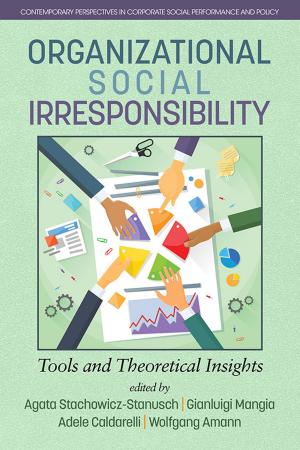Internationalisation in Secondary Education in Europe
A European and International Orientation in Schools Policies, Theories and Research
Nonfiction, Reference & Language, Education & Teaching, Secondary Education, Higher Education| Author: | Henk Oonk, Ralf Maslowski, Greetje van der Werf | ISBN: | 9781617354861 |
| Publisher: | Information Age Publishing | Publication: | August 1, 2011 |
| Imprint: | Information Age Publishing | Language: | English |
| Author: | Henk Oonk, Ralf Maslowski, Greetje van der Werf |
| ISBN: | 9781617354861 |
| Publisher: | Information Age Publishing |
| Publication: | August 1, 2011 |
| Imprint: | Information Age Publishing |
| Language: | English |
The scope of the book is an integrated discussion of several aspects of the internationalisation process in secondary education in Europe. The European and International Orientation (EIO) in education is dealt with from different national angles and theoretical visions, supported by recently conducted empirical studies in several countries. The book describes national policies concerning EIO, the way in which schools implement these policies and the success and difficulties of the activities that they undertake. A connection is made with ideas of citizenship in a European perspective and the question comes up for discussion if there can be spoken of common European values. Important issues are explored like the tension between national identity and European communality as well as the risk of EIO in increasing the gap between lower and higher educated students. The mission of the book is provide not only background information to all who are interested in or involved in internationalisation of education, social integration and European citizenship, but to provide recommendations for future practice as well. A central focus in these recommendations is the ‘Common Framework for Europe Competence’ (CFEC), the first model that offers the possibility to structurally shape the knowledge and skills concerning the European and international developments in the school. Directions for future elaboration of this framework and its implementation in the teaching and learning process in schools are discussed.
The scope of the book is an integrated discussion of several aspects of the internationalisation process in secondary education in Europe. The European and International Orientation (EIO) in education is dealt with from different national angles and theoretical visions, supported by recently conducted empirical studies in several countries. The book describes national policies concerning EIO, the way in which schools implement these policies and the success and difficulties of the activities that they undertake. A connection is made with ideas of citizenship in a European perspective and the question comes up for discussion if there can be spoken of common European values. Important issues are explored like the tension between national identity and European communality as well as the risk of EIO in increasing the gap between lower and higher educated students. The mission of the book is provide not only background information to all who are interested in or involved in internationalisation of education, social integration and European citizenship, but to provide recommendations for future practice as well. A central focus in these recommendations is the ‘Common Framework for Europe Competence’ (CFEC), the first model that offers the possibility to structurally shape the knowledge and skills concerning the European and international developments in the school. Directions for future elaboration of this framework and its implementation in the teaching and learning process in schools are discussed.















